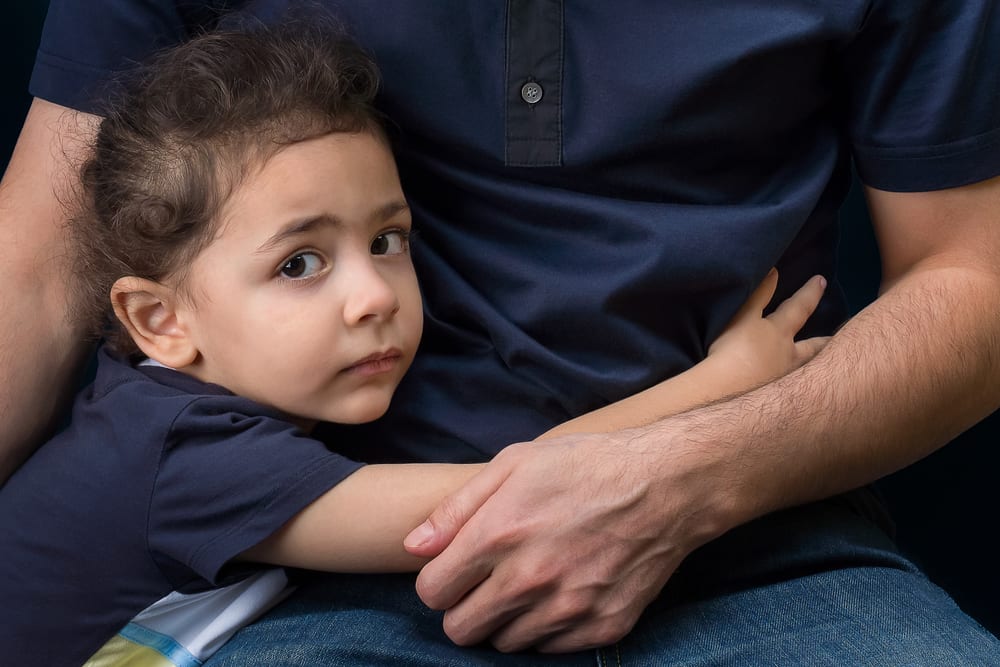A low-impact divorce is one in which there is less shouting and confrontation than in a contested or high-conflict divorce. While the media portrays divorce as a highly reactive event with a lot of emotion, many divorces are generally considered low-impact, with parents speaking respectfully and rationally throughout their decision to end their marriage.
One may assume that a child going through a divorce would benefit from a marriage that ended without fighting or angry confrontations. Contrary to popular belief, however, a divorce that ends a chaotic marriage typically has a positive impact on a child, while a separation that terminates a low-conflict marriage is more likely to have an adverse impact.
Why Do Children Struggle More With Low-Impact Divorces?
A separation can feel like a welcome respite from a broken home life for children who have been living in high-conflict households. However, children from seemingly happy unions that experience low-conflict divorces may be perplexed as to why their parents are divorcing.
Why are their parents divorcing if everything seemed to be okay? There is no proof that something is seriously wrong from the child’s viewpoint. For these children, divorce can be an unplanned, uncontrollable, and unwelcome occurrence in which one parent leaves the family and the other is overcome by the pressures of single parenthood and a lower standard of living.
How a Cooperative Co-Parenting Plan Can Help
When a married couple decide it’s time to separate, their children are sometimes the ones who suffer the most. Other divorce issues like alimony or property division can seem like a piece of cake compared to learning how to co-parent. Co-parenting is uncharted territory, and you will need to put in some effort to figure out how to navigate this new existence.
If you have children with your ex-spouse, you’ll have to discover how to co-parent effectively. This involves prioritizing your child’s needs above your own and building a cordial relationship with your ex. You don’t have to be best friends; you simply need to figure out how to make parenting your child together work.
Get Help From Experienced New Jersey Divorce Lawyer Erlina Perez
Navigating divorce — even a low-impact one — requires careful thought and consideration, especially when you have children. It’s critical to explore how your divorce affects them and what you can do to mitigate any adverse impact. Contact seasoned New Jersey divorce attorney Erlina Perez for a consult today at (201) 880-7070.


